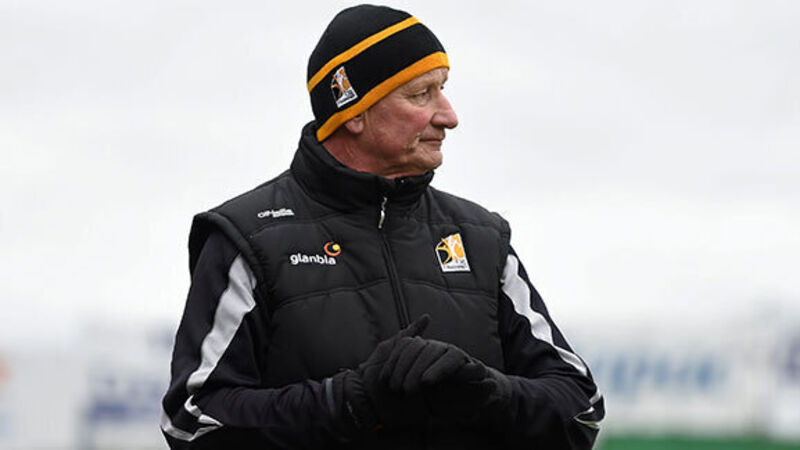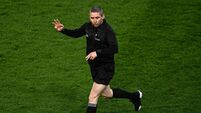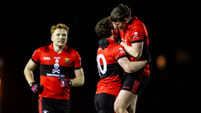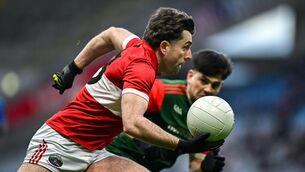Enda McEvoy: Brian Cody's 15 rules of management

He’s on the books of Speaker Solutions, a company in Dublin, and he gives orations to business types. Having honed his routine over many years he speaks for 40 minutes without the aid of notes and is very good indeed.
Albert Camus, an enthusiastic amateur goalkeeper at home in Algeria before he got all existential, once declared that everything he knew about life he had learned from soccer. By a similar token, everything Brian Cody knows about business he has learned from hurling. What follows here are some of Cody’s leading rules of management, in no particular order, accompanied by their genesis.













